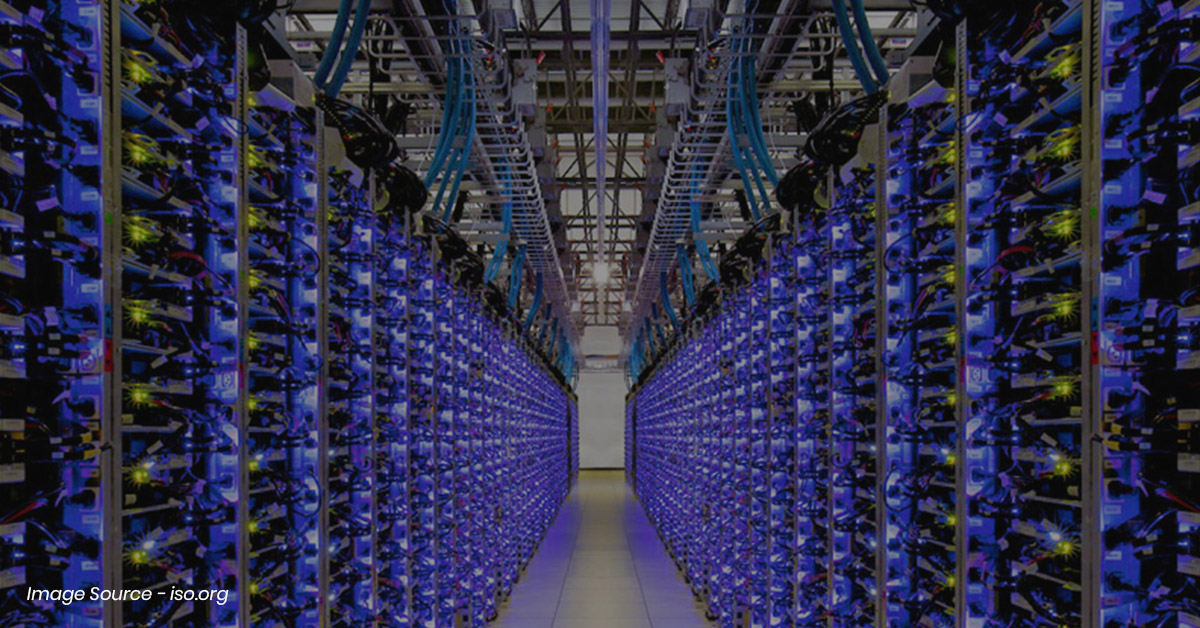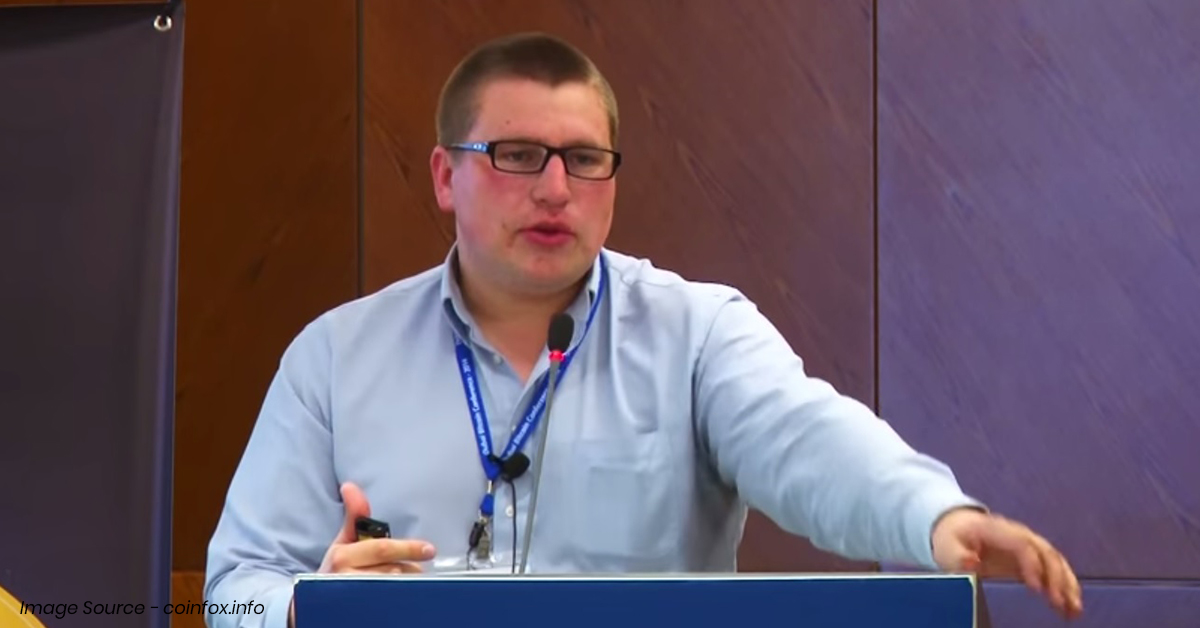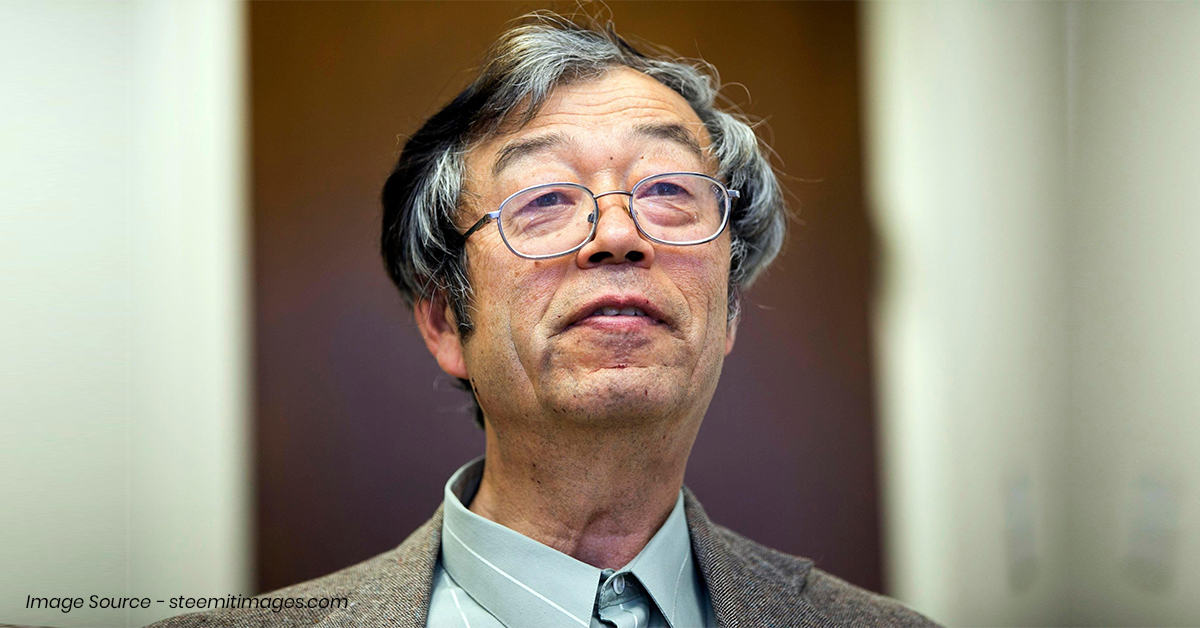-
When we refer to mobile applications, we mean a functionality on mobile devices to access a certain service on the internet. It is an interface of the service customized for mobile usage. Therefore, apps are oriented towards online services, which are basically, centralized. Data transaction on conventional apps is done via the server, which is a centralized system to store all information as well as to store considerable segments of the mechanisms to deliver them. This mechanism is the programming behind any application. This fundamental aspect does not change in decentralized mobile app development.
Mobile app developers create apps using languages such as Java, C, C++. iOS apps are created using Swift, Object Pascal, and Objective C. There are also other languages and a whole system of Integrated Development Environments (IDE) to develop mobile applications. Even though there are diversified development platforms, the basics of a mobile application are to serve as an interface to internet applications or services on mobile.

The emergence of the blockchain technology
Blockchain is a whole new ecosystem separate from the internet, although it runs on the internet. While the basis of the internet is centralization, blockchain is based on decentralization. A distributed database is the primary feature of this technology. Blockchain can be considered the opposite of what the internet is in terms of information and data transactions as well as storage. This technology is creating its array of secured networks within the internet, which are separate from each other. The ecosystem can be imagined as a large number of separate and unconnected webs, each webs representing a unique blockchain. Thus, blockchain-based app development is gradually becoming popular.
Blockchain ecosystem in mobile app development
The blockchain ecosystem is growing faster and the technology is being adopted gradually in several verticals. It could grow as the next technology similar to the internet, but with the basic features of decentralization and cryptography. With its emerging relevance, Decentralized Mobile App development, or decentralized blockchain app development is becoming a trend for developers. As projected, the market of DApps will grow to an industry worth the US $1000 billion by 2020. This is the reason for developers’ augmenting interests in this field. Also, the vice-versa is true. A gradual increase of interests will also play its part to reach this figure, or even surpass it.
Why blockchain apps are relevant
Apart from the trend, developing blockchain apps is also the need of an hour. Decentralized application services are being offered by various blockchain developers. Decentralized mobile app development is beginning to grow as a movement against the backdrop of rising threats of data privacy. Another notorious trouble it handles is the issue of transparency; the way big internet giants treat user data. As Dapps promise to keep user information under complete control of their own, they would be certainly popular. The adoption of decentralized mobile app development will be higher in upcoming times due to this facet.
[caption id="attachment_2392" align="aligncenter" width="730"]
 David Johnston propounded Johnston’s Law that says, “Everything that can be decentralized, will be decentralized.”[/caption]
David Johnston propounded Johnston’s Law that says, “Everything that can be decentralized, will be decentralized.”[/caption]The 2014 quote of Johnston’s Law is now gaining relevant grounds. “Everything that can be decentralized will be decentralized”, is now the strongest mantra for DApp development experts. Starting with Bitcoin, the first DApp, the industry has grown with innumerable prospects in almost every possible verticals. Blockchain has started penetrating business, governance, and industries as the internet did a decade ago.
DApps is the future of both mobile and web applications. There are strong reasons for backing this idea. Apart from being distributed and transparent, DApps are flexible and resilient. Above all, a superior incentivization structure supported by cryptocurrencies is too appealing to be sidelined. DApp Fund CEO, David Johnston predicted that DApps “will someday surpass the world’s largest software corporations”. The propounder of Johnston’s Law also pointed out the advantage specifics of decentralized applications as utility, user-base and network valuation. Decentralized mobile app development is based on the ideology behind this law.
Decentralized mobile app development as money miner
Compared to the conventional mobile app, DApp is always a profitable model for developers. Since the fundamental of the latter is based on tokens or currency, any contributor can benefit from the network. Furthermore, the open-source model of these apps let any Decentralised mobile App development by anybody a profitable venture. This ensures strong growth in the developmental aspects of DApp platforms. No developer who contributed can go unrewarded in this ecosystem.
[caption id="attachment_2393" align="aligncenter" width="730"]
 Satoshi Nakamoto, the first DApp developer who created Bitcoins, might have a net worth of more than 6 Billion dollars.[/caption]
Satoshi Nakamoto, the first DApp developer who created Bitcoins, might have a net worth of more than 6 Billion dollars.[/caption]DApps are developed using smart contract programming languages. In this technology, the whole blockchain behaves like the database, in contrast to conventional server-based databases in the internet ecosystem. While apps use APIs to connect with the internet, DApps use smart contracts to integrate with the blockchain. This basic difference in development creates an infrastructure, which is vastly distinctive to the internet. Decentralized mobile app development depends on these protocols to connect with the blockchain.
A smart contract is a set of predefined protocols that need to be fulfilled by the DAapp to integrate with the blockchain. Once these conditions are fulfilled, a token can be issued. This token is stored on the DApp as its value. In this process, a whole infrastructure of self-sustaining DApp develops, providing incentives to every developer in the network. Also, apart from being a profitable venture, DApps offer a secure alley to developers with strict authentication processes. Such apps can never fail unless they are pre-programmed to do so. A DApp, once created, will always exist.
Decentralized application development services are the next trend
DApps are to grow and the sharp rise is just beginning. However, certain limitations make it lackadaisical. The primary roadblock of DApps is their low capacity to execute transactions at a time. Compared to traditional apps, decentralized apps cannot fulfill the requirement of real-time businesses that deal with millions of customers. Now, for DApp developers, this aspect has transformed as a mammoth task.
Conventional mobile apps beat DApps only in capacity parameters of handling executions. Apart from this limitation, they are ready to handle verticals that prioritize security and transparency. While developers are trying to provide leeways to the problem, blockchain is growing as a parallel ecosystem to the internet. In the mobile industry, several blockchain based smartphones are on pipeline to hit the market. Along with it, mobile DApp development will dig deeper grounds in the coming times, becoming the next technology buzz.

Our Offices
INDIA
Emaar Digital Greens, Sector 61,
Gurugram, Haryana
122011.
Welldone Tech Park,
Sector 48, Sohna road,
Gurugram, Haryana
122018.














